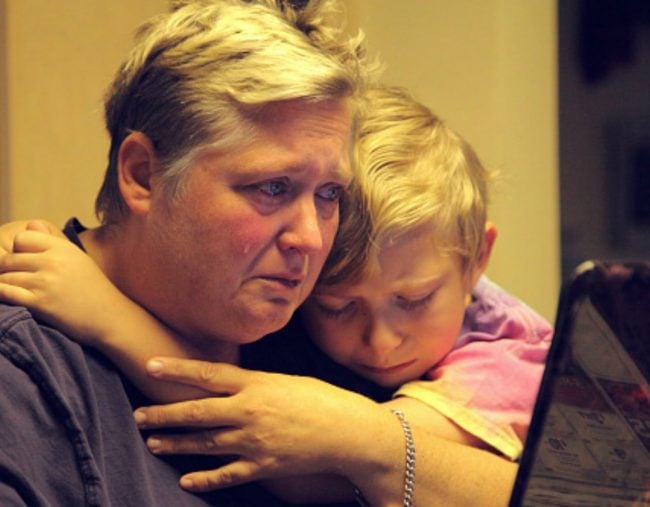
Just before 9am this morning, hundreds of thousands of parents across New South Wales, South Australia, and the Northern Territory dropped their children at school after two weeks of holidays.
As those students prepare for a new term, domestic violence advocacy groups are making preparations of their own.
From 9.15am, the calls begin.
The executive officer of the NSW Rape Crisis and Domestic Violence centre, Karen Willis, told The Daily Telegraph their phone lines go “ballistic” the day school returns. The trend is so significant, staff at the centre are scheduled to do extra shifts to respond to the increased volume of calls.
“(Callers) say the last two weeks or six weeks have been horrendous, they just can’t take it any more,” Willis told the publication. “Those who call us, usually they have gone through a gradual process and the holidays have been the last straw.”
While it has long been assumed domestic violence itself increases over holiday periods, it is unclear whether this is the case.
Speaking to the Canberra Times in February 2017 about the rise in domestic violence reports between November and January, ACT Domestic Violence Crisis Service executive director Mirjana Wilson said, “I don’t think we can ever say it’s happening more, it’s just being reported more.”
She said during school holidays there’s often a pressure “to do family a certain way,” but the end of holiday time, or the beginning of a new year, can encourage reflection among victims, urging them to take action.
